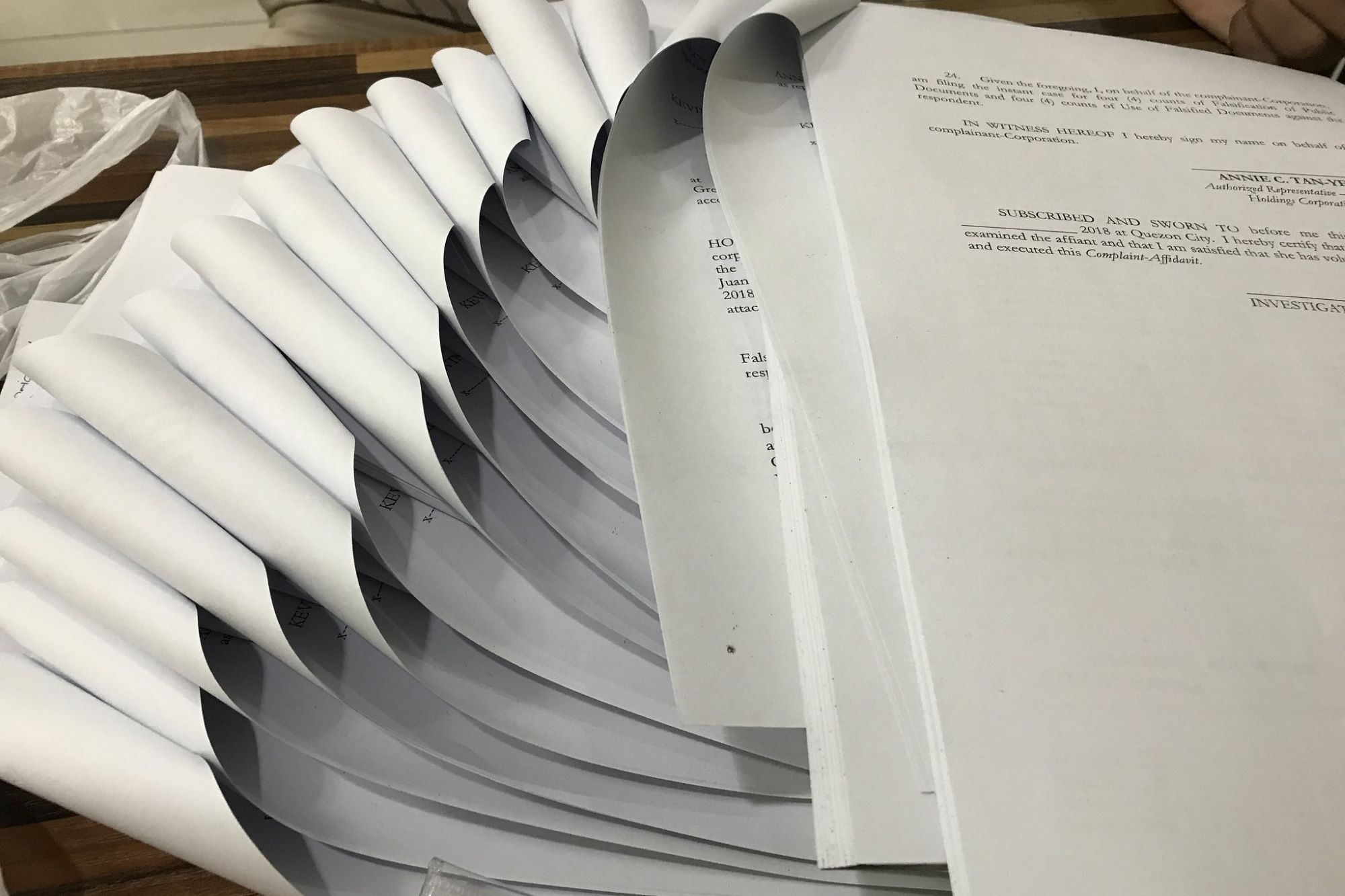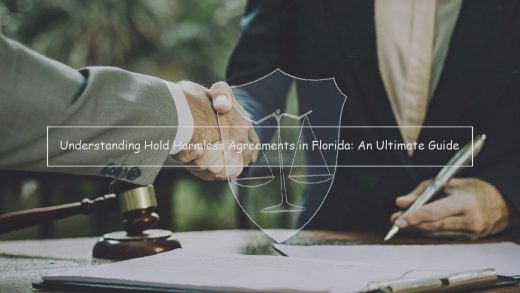
Falsifying documents at work can have severe legal repercussions, ranging from criminal charges to termination. This practice undermines trust and integrity within an organization, potentially leading to significant consequences for both employees and employers. This article explores the legal risks associated with document falsification and offers guidance on how to address and rectify such situations.
Understanding Document Falsification
Document falsification in the workplace involves the deliberate alteration or creation of false information within official records. This can include a range of activities, such as altering financial statements, forging signatures, or fabricating data on reports. The intent behind these actions often involves deceitful goals, such as embezzlement, evading taxes, or securing personal benefits. The prevalence of document falsification can vary across different industries, but its consequences are universally serious.
Employees might engage in document falsification for various reasons, including financial pressure, personal gain, or as a misguided attempt to meet unrealistic performance expectations. Understanding these motivations is crucial for recognizing and addressing the root causes of document falsification within an organization. Addressing these underlying issues through effective management and ethical training can help in mitigating the risk of such unethical behavior.
Legal Framework and Regulations
In the United States, document falsification is primarily governed by federal laws such as the False Claims Act, which targets fraud against government programs, and the Sarbanes-Oxley Act, which addresses financial reporting inaccuracies by publicly traded companies. These laws impose stringent penalties on individuals and organizations involved in falsifying documents for fraudulent purposes. Additionally, the federal penal code includes various provisions related to fraud and forgery, detailing criminal offenses and their respective penalties.
State-Specific Regulations and Industry Standards
Beyond federal regulations, states may have their own laws addressing document falsification, which can vary significantly. For example, state laws might include specific statutes for commercial fraud or identity theft that apply to document falsification. Additionally, certain industries, such as finance and healthcare, have their own regulatory frameworks and standards for document accuracy, established by bodies like the Financial Industry Regulatory Authority (FINRA) or the Health Insurance Portability and Accountability Act (HIPAA). These industry-specific regulations further emphasize the importance of maintaining accurate records and provide additional layers of compliance and enforcement.
Potential Legal Penalties
Falsifying documents in the workplace can result in severe legal consequences. The penalties can be categorized into criminal and civil penalties:
Criminal Penalties:
- Fines: Individuals convicted of document falsification can face substantial monetary fines. The amount varies depending on the severity of the offense and applicable state and federal laws.
- Imprisonment: Criminal charges for document falsification may lead to imprisonment. Sentences can range from a few months to several years, depending on the nature and extent of the falsification.
- Probation: In some cases, individuals may be sentenced to probation instead of, or in addition to, prison time. During probation, they must adhere to specific conditions set by the court.
Civil Penalties:
- Damages: Victims of document falsification, such as companies or clients, may seek damages through civil lawsuits. These damages can include compensatory damages for losses incurred and punitive damages intended to deter future misconduct.
- Restitution: Courts may order individuals convicted of falsifying documents to pay restitution to the affected parties. This is intended to cover the financial losses caused by the fraudulent activities.
Notable Cases:
Several high-profile cases have highlighted the serious legal consequences of document falsification. Examples include:
- Enron Scandal: The falsification of financial documents by Enron executives led to a major corporate scandal, resulting in criminal convictions for several individuals and substantial fines for the company.
- Volkswagen Emissions Scandal: Volkswagen’s manipulation of emissions data led to significant legal repercussions, including billions in fines and settlements, as well as criminal charges against company executives.
The legal system treats document falsification with utmost seriousness due to its potential to undermine trust, cause financial harm, and compromise regulatory integrity. Understanding these potential penalties underscores the importance of adhering to ethical practices in all workplace documentation.
Civil Liability and Lawsuits
Falsifying documents can lead to significant civil liabilities. Affected parties, such as employers, clients, and regulatory bodies, can pursue legal action to seek compensation for damages incurred. Below is a table summarizing the types of civil liabilities associated with document falsification:
| Type of Liability | Description | Examples |
| Compensatory Damages | Compensation for actual losses suffered by the victim due to document falsification. | Reimbursement for financial losses, repair costs, or lost profits. |
| Punitive Damages | Additional damages intended to punish the offender and deter future misconduct. | Monetary awards beyond compensatory damages, imposed to emphasize the seriousness of the offense. |
| Restitution | Payment made by the offender to the victim to cover the financial losses resulting from the fraudulent actions. | Direct repayment to affected parties, such as employees or clients who suffered financial harm. |
Compensatory Damages:
- Direct Losses: Affected parties may receive compensation for direct financial losses caused by the falsified documents. This could include lost revenue, legal fees, or costs associated with correcting the falsified information.
- Consequential Damages: In addition to direct losses, victims may claim damages for secondary consequences, such as reputational damage or operational disruptions caused by the falsification.
Punitive Damages:
- Purpose: Punitive damages are awarded to punish the wrongdoer and serve as a deterrent against future fraudulent behavior. These damages are not meant to compensate the victim but to penalize the offender.
- Calculation: The amount of punitive damages can vary widely based on the severity of the falsification, the degree of malice involved, and the financial status of the offender.
Restitution:
- Payment to Victims: Courts may order offenders to make restitution payments to victims to cover the financial losses resulting from the falsification. This ensures that victims are compensated for their losses.
- Enforcement: Restitution orders are enforceable through various legal mechanisms, including wage garnishment or seizure of assets, to ensure that offenders fulfill their financial obligations.
Civil liabilities related to document falsification highlight the importance of maintaining integrity and transparency in all professional activities. Companies and individuals should be aware of these potential consequences to mitigate risks and ensure compliance with legal and ethical standards.
Impact on Professional Reputation
Falsifying documents not only leads to legal and financial repercussions but also has a profound impact on an individual’s professional reputation. This damage can affect various aspects of one’s career and future opportunities.
Career Consequences:
- Job Loss: Individuals caught falsifying documents are often terminated from their positions. Employers typically view such behavior as a severe breach of trust and integrity, leading to immediate dismissal.
- Difficulty Finding New Employment: A record of document falsification can make it challenging to secure new employment. Potential employers may view the individual’s past actions as indicative of a lack of integrity, which can be a significant barrier to hiring.
Professional Disqualification:
- Loss of Certifications: Many professions require specific certifications or licenses. Document falsification can lead to the revocation or suspension of these credentials, which can prevent individuals from practicing in their field.
- Barred from Professional Organizations: Membership in professional organizations, which can be crucial for career advancement, may be revoked. This can limit networking opportunities and access to industry resources.
Long-term Career Repercussions:
- Damaged Reputation: An individual’s professional reputation can suffer long-lasting damage. News of falsification can spread within industry circles and affect how peers and potential employers perceive the individual.
- Limited Career Advancement: Even if an individual manages to find new employment, career advancement can be hindered. Past actions may limit opportunities for promotions or high-profile projects, as trust and credibility are difficult to rebuild.
Understanding these potential repercussions underscores the importance of maintaining ethical standards and transparency in all professional activities. The long-term impact on one’s career and personal life can be far-reaching and detrimental, highlighting the need for vigilance and integrity in all workplace practices.



